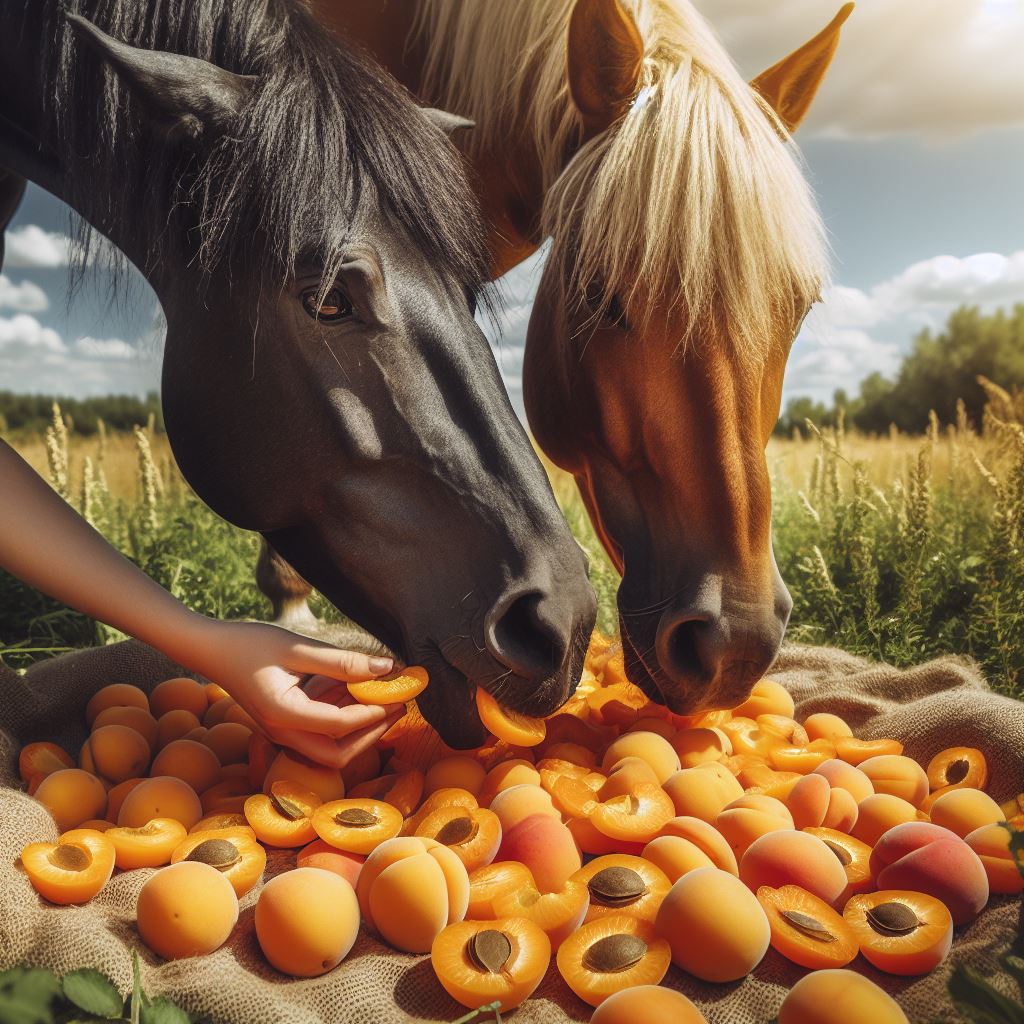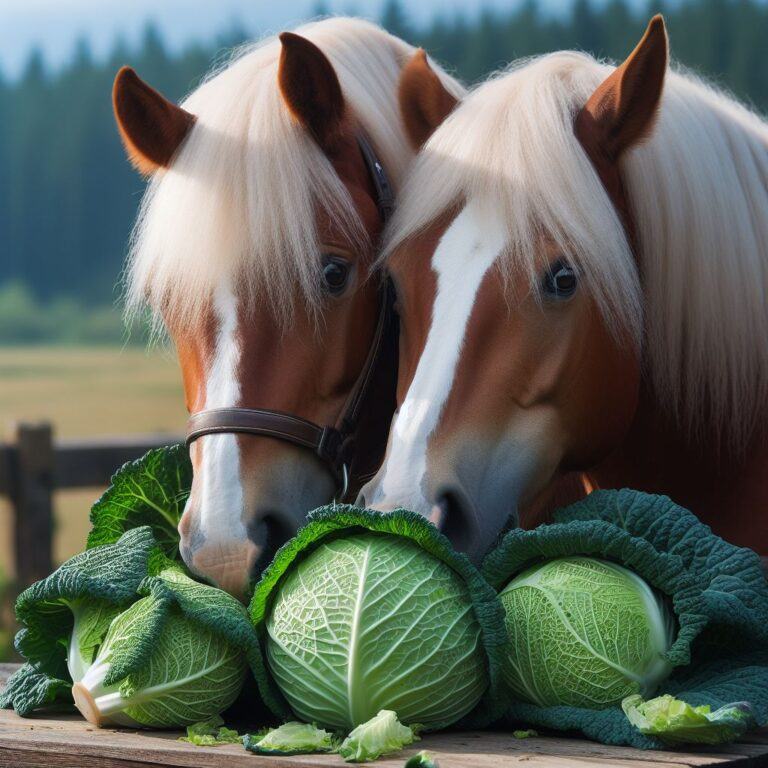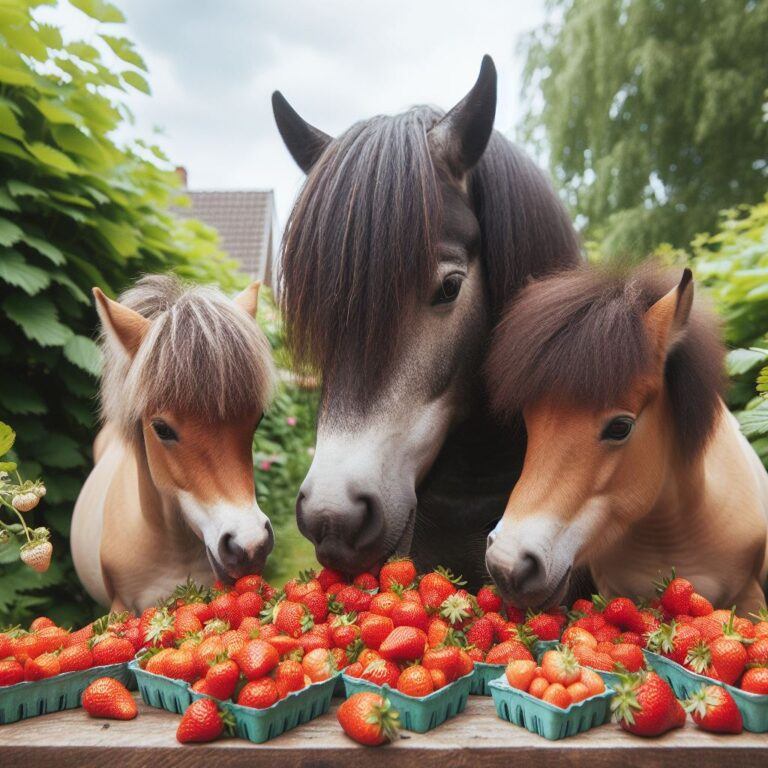Can Horses Safely Eat Apricots
Horses can eat apricots in moderation, but they should not constitute a substantial portion of their diet. Apricots are non-toxic to horses, but they are high in natural sugar content, which can lead to digestive and metabolic issues if overfed.
Horses are herbivores with a digestive system adapted for fibrous plant material such as high quality fresh grass and hay.
While apricots are not poisonous, their high sugar and low fiber content make them unsuitable as a primary food source. Excessive sugar intake can contribute to obesity, laminitis, colic, and other health problems in horses.
As responsible horse owner’s, it’s crucial we understand our horses nutritional needs and the importance of a balanced diet rich in roughage like hay and grass.
While an occasional apricot treat may not cause harm, overindulging in fruits or other sugary snacks can spell trouble for our horse’s wellbeing.
Nutritional Analysis of Apricots
To better grasp the potential impact of apricots on a horse’s diet, let’s examine their nutritional profile:
Sugar Content: Apricots are relatively high in natural sugars like fructose, glucose, and sucrose. A single apricot contains around 3 grams of sugar, which may not seem significant, but can quickly add up if overfed.
Fiber: While apricots provide some fiber (around 0.7 grams per apricot), it’s primarily soluble fiber, which doesn’t contribute much to a horse’s roughage needs. Horses require insoluble fiber from hay and grass to maintain proper digestive function.
Other Nutrients: Apricots are a good source of vitamins A and C, potassium, and antioxidants. However, these nutrients are readily available in a horse’s balanced forage-based diet and are not a compelling reason to feed apricots in excess.
In contrast, a horse’s ideal diet consists primarily of high-fiber roughage like hay and pasture grass.
Their digestive system, particularly the hindgut, is designed to efficiently break down and extract nutrients from these fibrous plant materials through microbial fermentation.
Risks of Excessive Sugar Intake
Feeding too many high-sugar, low-fiber treats like apricots can disrupt this delicate digestive process, leading to potential issues such as:
Weight Gain: Excess calories from sugar can contribute to obesity, increasing the risk of laminitis and other weight-related health problems. Obese horses also face increased strain on their joints and cardiovascular system.
Laminitis: A potentially devastating condition caused by disruptions in the flow of blood to the horse’s feet, often triggered by excessive sugar intake.
Laminitis can lead to severe pain, lameness, and in severe cases, even death.
Colic: Digestive upset and impaction due to improper fermentation of sugars in the hindgut can cause episodes of colic, which can range from mild discomfort to life-threatening intestinal twists or ruptures.
Clearly, moderation is key when it comes to offering apricots or any other sugary treats to your horse.
Proper Feeding Guidelines
If you choose to offer apricots as an occasional treat, follow these guidelines:
Limit apricots to no more than 1-2 per feeding for an average-sized horse (around 1,000 lbs). Adjust portions based on your horse’s size, age, and activity level. Overfeeding can quickly lead to excessive sugar intake.
When introducing a new food, do so gradually over several days to allow your horse’s digestive system to adjust to the change.
Observe your horse closely after feeding apricots for signs of digestive upset, such as loose stools, gas, or colic symptoms like pawing, rolling, or elevated heart rate.
Remember, treats should never exceed 10% of your horse’s total daily intake. The bulk of their nutrition should come from high-quality hay or pasture grass.
Safe Feeding Practices and Possible Healthier Alternatives
Always remove the pit/seed, as these can pose a choking hazard and contain trace amounts of cyanide compounds, and cut apricots into bite-sized pieces to prevent choking and aid digestion.
Please don’t feed overripe or moldy apricots, as they may contain harmful bacteria or mycotoxins.
Never offer apricots as a meal replacement or primary food source and always prevent unrestricted access to apricot trees or orchards to control intake and avoid accidental overconsumption.
For a safer, high-fiber treat option, consider carrots, apples, pumpkins or hay cubes, which provide more fiber and less sugar.
Always provide a varied diet with plenty of quality roughage (hay/grass) to maintain proper digestive function.
Consult your veterinarian or a horse nutritionist for specific dietary recommendations based on your horse’s age, activity level, health status, and individual needs.
By understanding the potential risks and following proper feeding practices, you can occasionally incorporate apricots into your horse’s diet as a special treat in limited quantities.
However, remember that a balanced, fiber-rich diet should always be the foundation of our horse’s nutrition plan to ensure their long-term health, prevent obesity, laminitis, colic, and other sugar-related issues.







